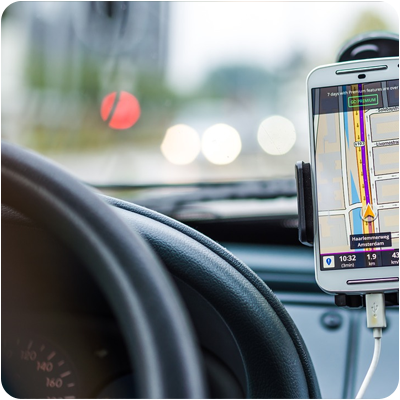Het arrangement Using a mobile phone - hv3 is gemaakt met Wikiwijs van Kennisnet. Wikiwijs is hét onderwijsplatform waar je leermiddelen zoekt, maakt en deelt.
- Auteur
- Laatst gewijzigd
- 11-05-2025 19:47:42
- Licentie
-
Dit lesmateriaal is gepubliceerd onder de Creative Commons Naamsvermelding-GelijkDelen 4.0 Internationale licentie. Dit houdt in dat je onder de voorwaarde van naamsvermelding en publicatie onder dezelfde licentie vrij bent om:
- het werk te delen - te kopiëren, te verspreiden en door te geven via elk medium of bestandsformaat
- het werk te bewerken - te remixen, te veranderen en afgeleide werken te maken
- voor alle doeleinden, inclusief commerciële doeleinden.
Meer informatie over de CC Naamsvermelding-GelijkDelen 4.0 Internationale licentie.
Aanvullende informatie over dit lesmateriaal
Van dit lesmateriaal is de volgende aanvullende informatie beschikbaar:
- Toelichting
- Deze les valt onder de arrangeerbare leerlijn van de Stercollecties voor Engels voor havo en vwo, leerjaar 3. Dit is thema 1 'Me and my phone'. Het onderwerp van deze les is: Using a mobile phone. In deze les staat welke functies mobiele telefoons hebben en hoe deze worden gebruikt. Irritante of vervelende telefoongesprekken worden ook besproken. In de grammaticaopdracht worden simple past, present perfect en past perfect. De onregelmatige werkwoorden van deze les zijn: to bend, to bet, to bind en to bite.
- Leerniveau
- HAVO 3; VWO 3;
- Leerinhoud en doelen
- Engels;
- Eindgebruiker
- leerling/student
- Moeilijkheidsgraad
- gemiddeld
- Studiebelasting
- 1 uur 40 minuten
- Trefwoorden
- arrangeerbaar, engels, functies, hv3, past perfect, present perfect, simple past, stercollectie, using a mobile phone, vervelende telefoongesprekken
Gebruikte Wikiwijs Arrangementen
Leermateriaal, StudioVO. (z.d.).
Me and my phone hv123
VO-, content. (z.d.).
BLOKKEN TEMPLATE - h45
VO-content - Gereedschapskist. (2019).
Gereedschapskist activerende werkvormen
https://maken.wikiwijs.nl/105906/Gereedschapskist_activerende_werkvormen

 The subject of this period is using mobile phones.
The subject of this period is using mobile phones.













